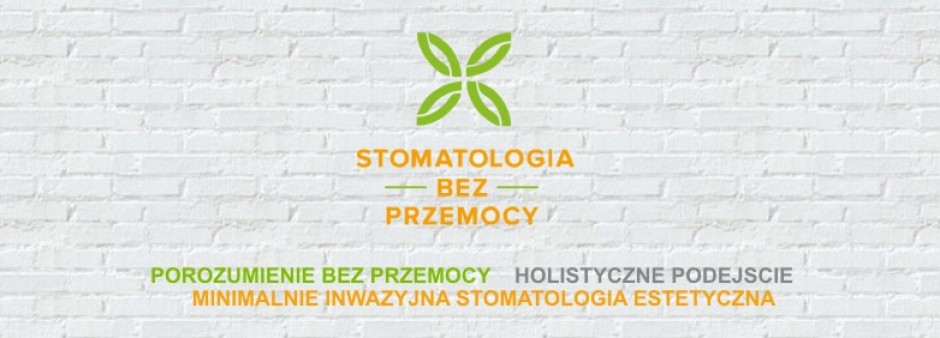No man in any circumstance likes to be manipulated, deceived, pushed, omitted, unheard, misunderstood, neglected, betrayed … This is the more true during a visit to the dentist’s office. We do not want this to happen to us or to our child. The child does not like to be helpless. Just as every adult they do not like to feel pain, fear, insecurity, discomfort. It does not want to suffer … These feelings make us feel uncomfortable and we are tense. The child may cooperate reluctantly and express it by crying, screaming, attempting to escape from the chair. During subsequent visits they may be distrustful, suspicious or fearful.
At the same time we like to feel bliss and have a sense of security. It’s nice to relax and feel relieved. Good for us, if our needs are taken into account. We become calm, at ease, relaxed, and therefore friendly. We leave the office happy and in good mood. We can be proud of ourselves.
Our passion, yet ambition is to support patients during the first visit and any subsequent treatment in such a way as to protect the integrity and emotional needs. In our work we rely on empathic communication model of NVC (Nonviolent Communication – Nonviolent Communication) by Marshall B. Rosenberg. We use techniques of Nordic NVC trainers. We refer to the concept of a Danish expert and family counselor Jesper Juul and his methods of family support and protecting the natural competence of the child. We support the pedagogy of Janusz Korczak.
In our practice we aim at building mutual contact with the patient with care and diligence from the first visit. During the meetings, we try to make a living and authentic contact with the child, as well as with adults. In the child?s case this is to help cooperation and to enable calm adaptation of the child in the dental office. For adults, we can help to tame the fear and trauma of childhood. We know how to make an agreement and the language patterns – even the ones that we use unconsciously – to stop the understanding. We believe that difficult situations can be used for the welfare and development of the relationship between doctor and patient. We always aim at recognizing and taking into account the needs of the patient and our need to perform the surgery, and we are looking for a common strategy to meet everybody?s needs. We want our little and adult patients even after a difficult surgery to leave our practice without trauma and to be ready for the next meeting. You can be assured that you and your child will feel safe, and the healing process will go at it?s own pace.


